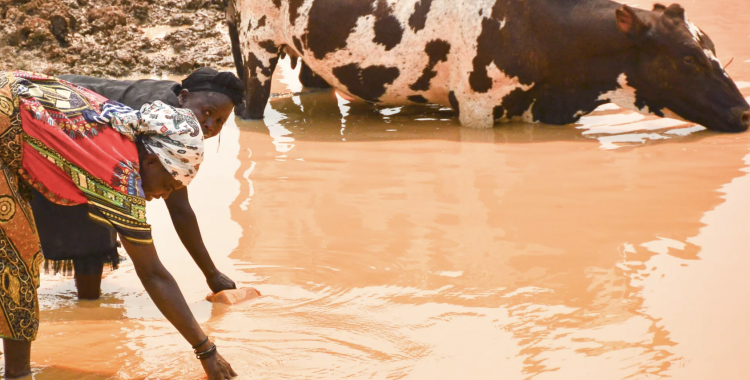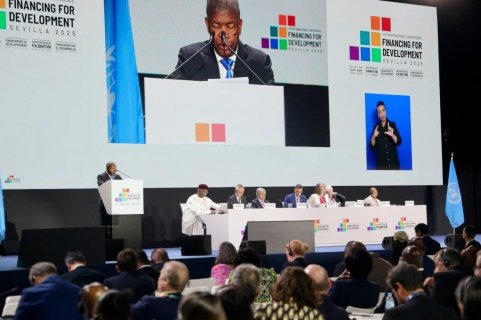The information was transmitted by the Secretary of State for Health for the Hospital Area, Leonardo Inocêncio, noting that laboratory tests confirmed positive cases of cholera on Wednesday, without, however, providing numbers.
"The contingency and response plan for this outbreak was presented. At this time we can confirm that there have been positive cases of cholera, and the multisectoral committee to combat cholera has been activated, which includes all ministerial departments," said the governor, quoted by Rádio Nacional de Angola (RNA).
Provincial disease control commissions and health units at the national level have also activated their local contingency and response plan, he said.
Authorities had announced on Tuesday the registration of five deaths in 25 "suspected cases" of cholera, in the Paraíso neighborhood, municipality of Cacuaco, province of Luanda, according to information from the Ministry of Health.
On Thursday, RNA reported that Bengo province also registered three suspected cases of cholera and one of them resulted in death, citing the provincial director of Health, Domingos Goulão.
Leonardo Inocêncio also mentioned that the country could move forward with a vaccination campaign against cholera, as work is already underway with the World Health Organization (WHO).
According to the Ministry of Health's note, people are showing symptoms of vomiting and watery diarrhea, and the Luanda provincial health office "immediately" implemented measures recommended by the WHO.
The measures, in coordination with other institutions, include disinfection of contaminated areas, identification and tracing of contacts, as well as in-depth epidemiological and laboratory investigation to confirm suspected cases.
The president of the National Union of Doctors of Angola, Adriano Manuel, said on Wednesday that the lack of sanitation, increased poverty and lack of investment in preventive health are fueling the emergence of cholera in the country, noting that "there was no shortage of warnings".
"The cause of cholera is intrinsically related to basic sanitation, this is the main cause and basic sanitation is related to poverty, [...] poverty has increased in our country and people are fighting for survival and are looking for of food in the trash", Adriano Manuel told Lusa.







